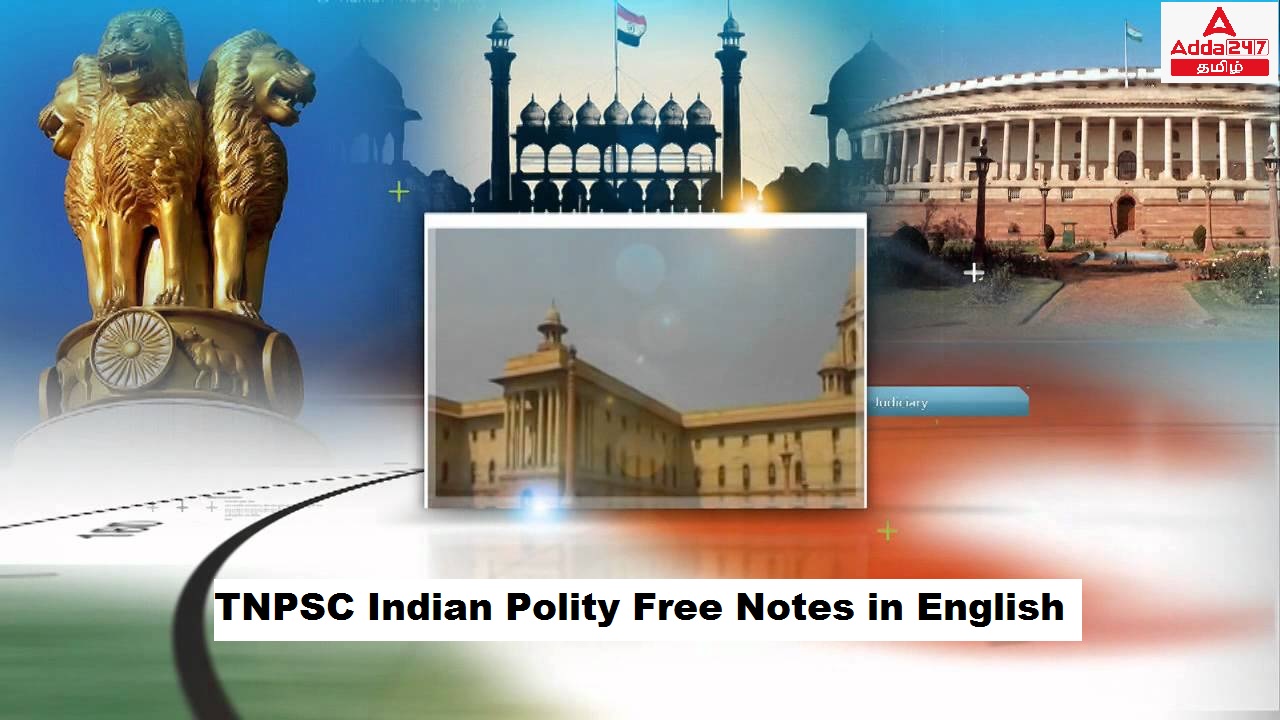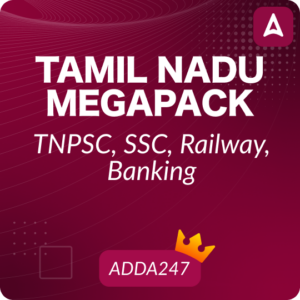இந்தக் கட்டுரையில், TNPSC குரூப் 1, குரூப் 2, குரூப் 2A, குரூப் 4 மாநிலப் போட்டித் தேர்வுகளான TNUSRB, TRB, TET, TNEB போன்றவற்றுக்கான முறைகள் இலவசக் குறிப்புகளைப் பெறுவீர்கள்.தேர்வுக்கு தயாராவோர் இங்குள்ள பாடக்குறிப்புகளை படித்து பயன்பெற வாழ்த்துகிறோம்.
Lokpal and Lokayuktas
LOKPAL
The Administrative Reforms Commission (ARC) of India (1966–1970) recommended the
setting up of two special authorities designated as ‘Lokpal’ and ‘lokayukta’ for the
redressal of citizens grievances.
These institutions were to be set up on the pattern of the institution of Ombudsman in
Scandinavian countries and the parliamentary commissioner for investigation in New
Zealand. The Lokpal would deal with complaints against ministers and secretaries at
Central and state levels and the lokayukta (one at the Centre and one in every state)
would deal with complaints against other specified higher officials.
The ARC kept the judiciary outside the purview of Lokpal and lokayukta as in New
Zealand. But, in Sweden the judiciary is within the purview of Ombudsman.
According to the ARC, the Lokpal would be appointed by the president after
consultation with the chief justice of India, the Speaker of Lok Sabha and the Chairman
of the Rajya Sabha.
LOKAYUKTA
The Lokayukta is an anti-corruption authority ombudsman (An ombudsman is an official,
appointed by the government or by parliament to represent the interests of the public).
He works along with the Income Tax Department and the Anti Corruption Bureau.
The Lokayukta (sometimes referred to the institution itself) investigates allegations of
corruption and maladministration against public servants and is tasked with speedy
redressal of public grievances.
It must be noted here that the institution of lokayukta was established first in
Maharashtra in 1971. Although Odisha had passed the Act in this regard in 1970, it came
into force only in 1983. Till 2013, 21 states and 1 Union Territory (Delhi) have
established the institution of Lokyuktas.
There are no Lokayuktas in Arunachal Pradesh, Jammu Kashmir, Manipur, Meghalaya,
Mizoram, Nagaland, Sikkim, TamilN adu, Tripura and West Bengal. The process to set up
Lokayukta in Goa is in progress. Karnataka’s Lokayukta is considered one of the
strongest.
The Lokayukta is usually a former High Court Chief Justice or former Supreme Court
judge and has a fixed tenure.
Any citizen can make his/her complaints of corruption directly to the Lokayukta against
any government official or elected representative. Lokayukta’s power varies from State
to State.
RIGHT TO INFORMATION
The Right to Information Act received the assent of the President on the 15th June,
2005. But it came to force in October 12, 2005.
It extends to the whole of India except the State of Jammu and Kashmir. Subject to the
provisions of this Act, all citizens shall have the right to information. Every public
authority shall Maintain all its records duly catalogued and indexed so that access to
such records is facilitated.
Publish
i. The particulars of its organization, functions and duties; ii. The powers and duties of
its officers and employees; iii. The procedure followed in the decision making process,
including channels of supervision and accountability.
Exemption from disclosure of information:
1. Information disclosure of which would prejudicially affect the sovereignty and
integrity of India, or lead to incitement of an offence
2. Information which has been expressly forbidden to be published by any court of law
or tribunal or the disclosure of which may constitute contempt of court
3. Information, the disclosure of which would cause a breach of privilege of Parliament
or the State Legislature.
Right to Information Day – September 2.
HUMAN RIGHTS CHARTER
Human Rights are moral claims that are inalienable and inherent to all individuals by
virtue of being human.
NATIONAL HUMAN RIGHTS COMMISSION
The National Human Rights Commission is a statutory body. It was established in 1993
under a legislation enacted by the Parliament, namely, the Protecting of Human Rights
Act, 1993. This Act was amended in 2006.
Composition
The commission is a multi-member body consisting of a chairman and four members.
The chairman should be a retired chief justice of India, and other members should be a
serving or retired judge of the Supreme Court, a serving or retired chief justice of a high
court and two persons having knowledge or practical experience with respect to human
rights.
In addition to these full-time members, the commission also has four ex-officio
members – the chairman of the National Commission for SCs, the National Commission
for STs and the National Commission for Women.
By the president, on the recommendations of a six-member committee consisting of the
1. Prime minister as its head, 2. The speaker of the Lok Sabha 3. The Deputy Chairman of
the Rajya Sabha 4. Leaders of the Opposition in both the Houses of Parliament 5.
Parliament and the Central home Ministers.
Term and Tenure
The chairman and members hold office for a term of five years or until they attain the
age of 70 years, whichever is earlier. Functions: To inquire into any violation of human
rights or negligence in the prevention of such violation by a public servant, either suo
motu or on a petition presented to it or on an order of a court. To intervene in any
proceeding involving allegation of violation of human rights pending before a court. To
visit jails and detention places to study the living conditions of inmates and make
recommendation there on.
The United Nations Commission on Human Rights (UNCHR) was a functional commission
within the overall framework of the United Nations from 1946 until it was replaced by
the United Nations Human Rights Council in 2006.
It was a subsidiary body of the UN Economic and Social Council (ECOSOC) and was also
assisted in its work by the Office of the United Nations High Commissioner for Human
Rights (UNHCHR). It met for the first time in January 1947 and established a drafting
committee for the Universal Declaration of Human Rights, which was adopted by the
United Nations on December 10, 1948. Human Rights Day – December 10.
**************************************************************************
| Adda247 TamilNadu Home page | Click here |
| Official Website=Adda247 | Click here |




